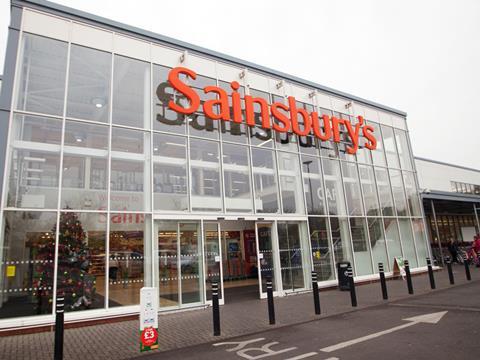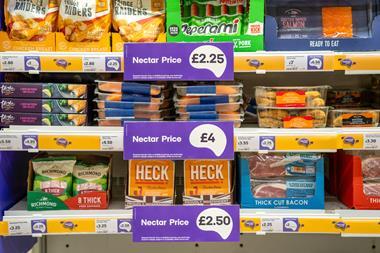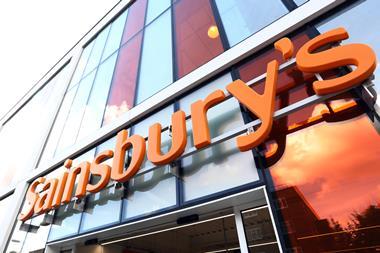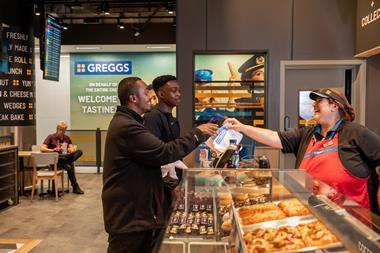
Sainsbury’s outlined its strategic blueprint to improve investors’ returns this week, but its plans underwhelmed the City amid concerns over upfront costs and a lack of clarity around some commitments.
The supermarket launched ‘Next Level Sainsbury’s’ on Wednesday (p8) – a programme intended to build on the group’s ‘Food First’ strategy launched in 2020, with eight new commitments to be delivered by March 2027, including growing food volumes ahead of the market and generating free cashflow of £1.6bn.
A key plank of the strategy is its target of £1bn in cost savings over three years via “high-returning” investments in technology. However, the unlocking of the savings will incur a one-off cost of about £150m over the three years.
Sainsbury’s also kicked off a £200m share buyback programme to return cash to shareholders over the next financial year.
Meanwhile, it highlighted an increase in capital expenditure to between £800m and £850m a year and an additional £70m investment in FY 2024/25 in its EV charging network.
A fundamental part of its growth push is to bring a bigger food range to more customers, as it currently offered its full range in only 15% of its stores, The group will also focus on its Nectar platform, forecasting an incremental £100m of Nectar360 profit contribution over the three years to March 2027, up from £90m over the four years.
The new strategy also includes a plan to build on Argos’s strengths in convenience and value.
CEO Simon Roberts said the plans would “take Sainsbury’s to the next level”, but shares fell 6.1% back to 258.9p, their lowest point since October.
Bernstein analyst Will Woods said some of the commitments, such as delivering profit leverage from sales growth, were “a bit fluffy”, adding that the lack of free cashflow upgrade, the step up in capex and the watering down of cost saving commitments as a percentage of sales would weigh on market sentiment.
Russ Mould, investment director at AJ Bell, added: “Its growth plan is not something that is guaranteed to work its magic. It’s not hard to dream up such a wish list to improve the company’s fortunes as it is basic business sense. Achieving the goal is another matter and it will cost money – something the market typically hates.”
House broker Shore Capital added: “Unsurprisingly, Sainsbury’s medium-term plan is a broad continuation of the direction of travel that Mr Roberts has so effectively expedited through his tenure as CEO… Sainsbury is very well positioned to advance to the next, higher, level.”



















No comments yet